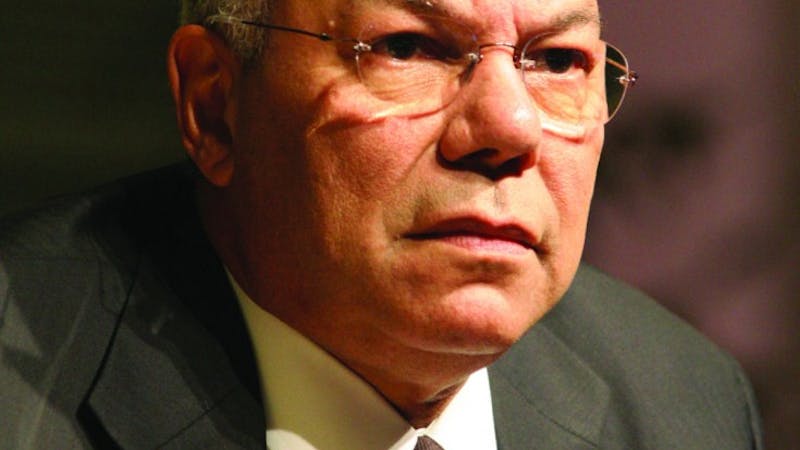OPINION
3/17/15 7:00pm
By Tina Nazerian
Last Wednesday, I stood in front of the White House press gate for at least 30 minutes among photographers, other journalists and later, with three of my classmates. Eventually, a White House staffer led us into a room decorated with white chandeliers and golden curtains. After 15 minutes or so, out came first lady Michelle Obama. The occasion was the first lady’s Nowruz, or Persian New Year, celebration, which is also observed by people in Eastern Europe, Asia and other Middle Eastern countries. As an Iranian American, it was beyond incredible listening to her say “Nowruzetan Mobarak” and give remarks about a holiday my family and I celebrate. With all the political news about Iran, it was a nice change listening to someone in the administration touch on cultural aspects of the country. I was able to have this experience because of one of my amazingly resourceful professors in my study abroad program. Well, let me back up. Instead of actually leaving the U.S., I chose to study in Washington, D.C. through American University’s Washington Semester Program in Journalism and New Media. I did have some initial concern about missing out on living and learning internationally — in fact, I remember bringing that up the day I finalized my application with the Study Abroad Office. By choosing to stay within the country’s borders, I did miss out on being immersed in a totally new culture for a semester. However, I’ve now been in D.C. for more than two months, and I hold zero regrets. And because no study “abroad” is complete without the participant telling you why you, yes you, should also do it, here is my spiel. While studying abroad in a foreign country does have a lot of value, such as language and cultural immersion, it may not be for everyone. For some, a semester away from Rice University might mean reaching Spanish fluency in Spain or learning about state formation in Bosnia, and I’m all for that, because such particular interests are best explored abroad. However, for others, like me, studying internationally is not the best fit. Had I gone to London or Rabat, I would not be where I want to be in my journalism career. Living and working in the nation’s capital has been educational, fun, challenging and something that will give me a jump-start when I’m job-hunting in several months.At Rice there is a mindset of “unconventional wisdom,” or so people claim. I believe studying abroad, or away from Rice, for a semester is a vital addition to the Rice experience, provided that you can find a way to make it work with your major and finances. In choosing a study abroad program, do your research and pick one that caters best to your needs and goals. Furthermore, do not be afraid to think domestic. D.C. may not be “abroad,” but it has opened doors to a world that I would never have been able to imagine sitting in my room at McMurtry College last semester.










